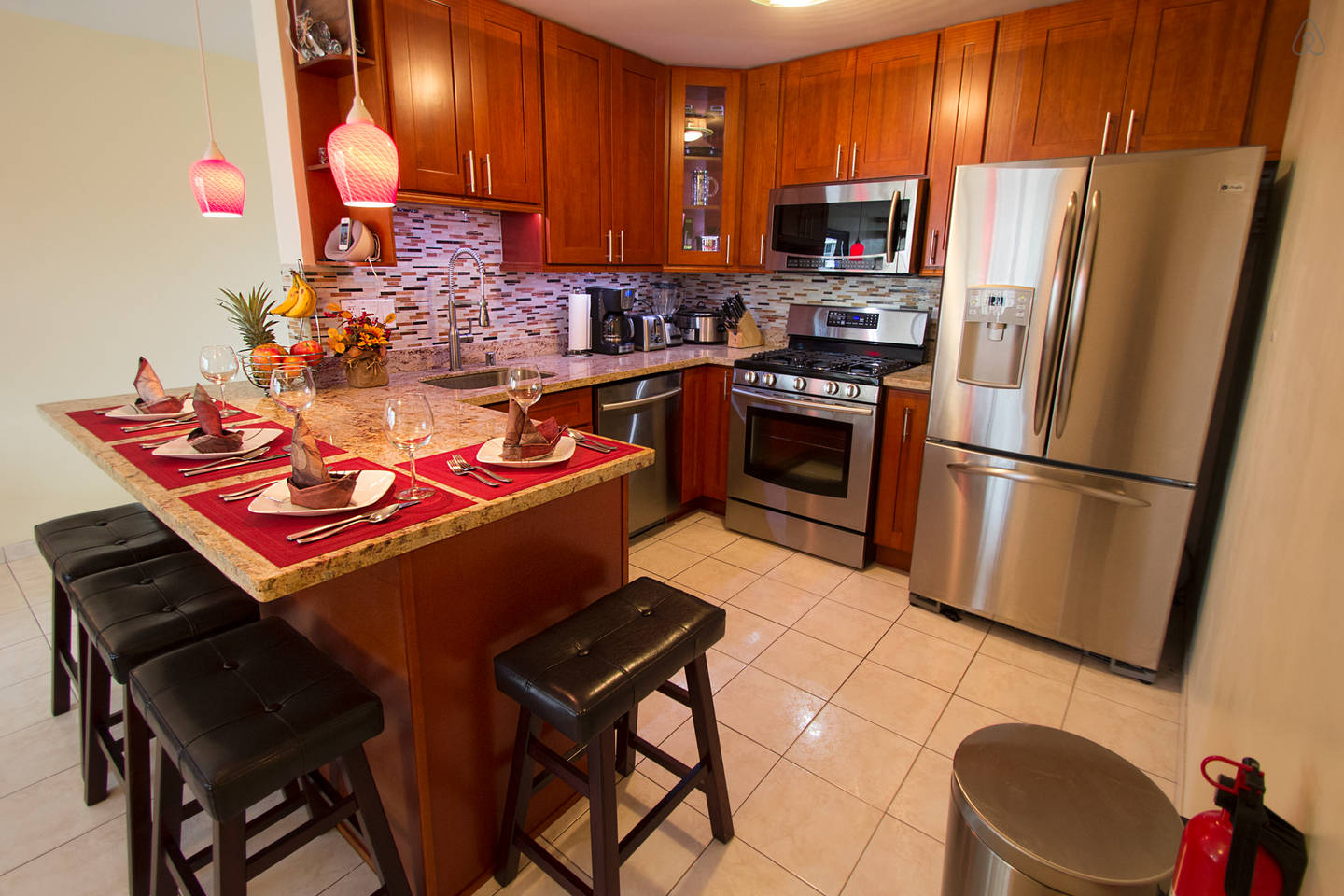 Its more than annoying to find your kitchen burner is not working properly. We tend not to think about gas appliances in the kitchen until they stop working. Then, they come fully to the front of the mind, causing a lot of hassle until theya re repaired or replaced.
Its more than annoying to find your kitchen burner is not working properly. We tend not to think about gas appliances in the kitchen until they stop working. Then, they come fully to the front of the mind, causing a lot of hassle until theya re repaired or replaced.
Gas appliances can live longer and work better if they receive enough care and attention by proper maintainance and cleaning. Here are some tips on how to maintain the appliances you have in your kitchen.
Proper installation
Never try to install gas appliances yourself if you don’t feel confident in your abilities to do so safely- ask a licensed technician instead. Don’t forget to get your appliances checked at least once every two months. Also, read the manufacturer’s guidelines carefully.
Ovens, grills and range hoods
Use warm, soapy water to remove food particles and dust on your stove, hood and grill. Wipe any dirt away by moving from the top towards the bottom.
Flame inspection: – the gas flame works fine if it burns blue. If the flame burns yellow, then full combustion is not taking place and a licensed gas engineer should come and check it as soon as possible.
Cleanyour oven and filters regularly to reduce grease and keep everything in good working order.
Hot air must not escape during the cooking process, so make sure doors are properly sealed.
Lay foil at the base of your oven or grill to help catch food scraps and grease. This helps reduce elbow grease needed to clean the appliance. Never let grime build up, as this can become unhygienic very quickly. Plus, food cooked on a dirty grill or baked inside a grimy oven may start tasting too much like charcoal.
You can use baking soda and vinegar to remove stubborn carbon deposits inside a gas oven. This is a more environmental friendly way to clean the appliance if you want to avoid harsher chemicals and cleaning agents.
BBQs
It’s important to clean your gas BBQ before every use. Remove all accumulated dirt, food scraps, insects and grease. Check the drip tray and buy a new one if it’s full or too dirty to clean properly.
Use detergent or soapy water to check for leaks in the connections and leads. If you see bubbles foaming, this may indicate a danger of gas leakage. Do nto use the BBQ until it has been checked by a technician.
Always treat LPG cylinders with respect. Store them in a well-ventilatedarea and never keep them indoors. Once you have finished with the BBQ, cover it to protect it from insects and dirt.